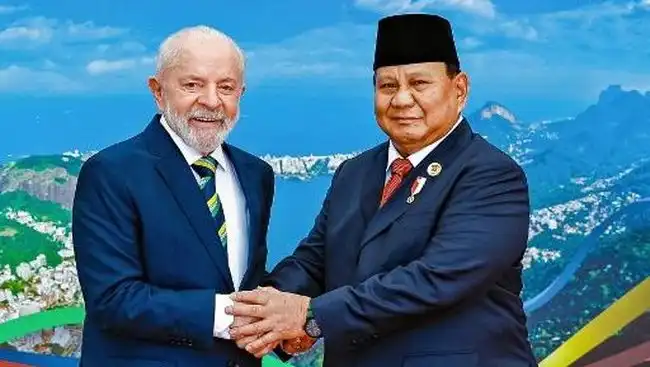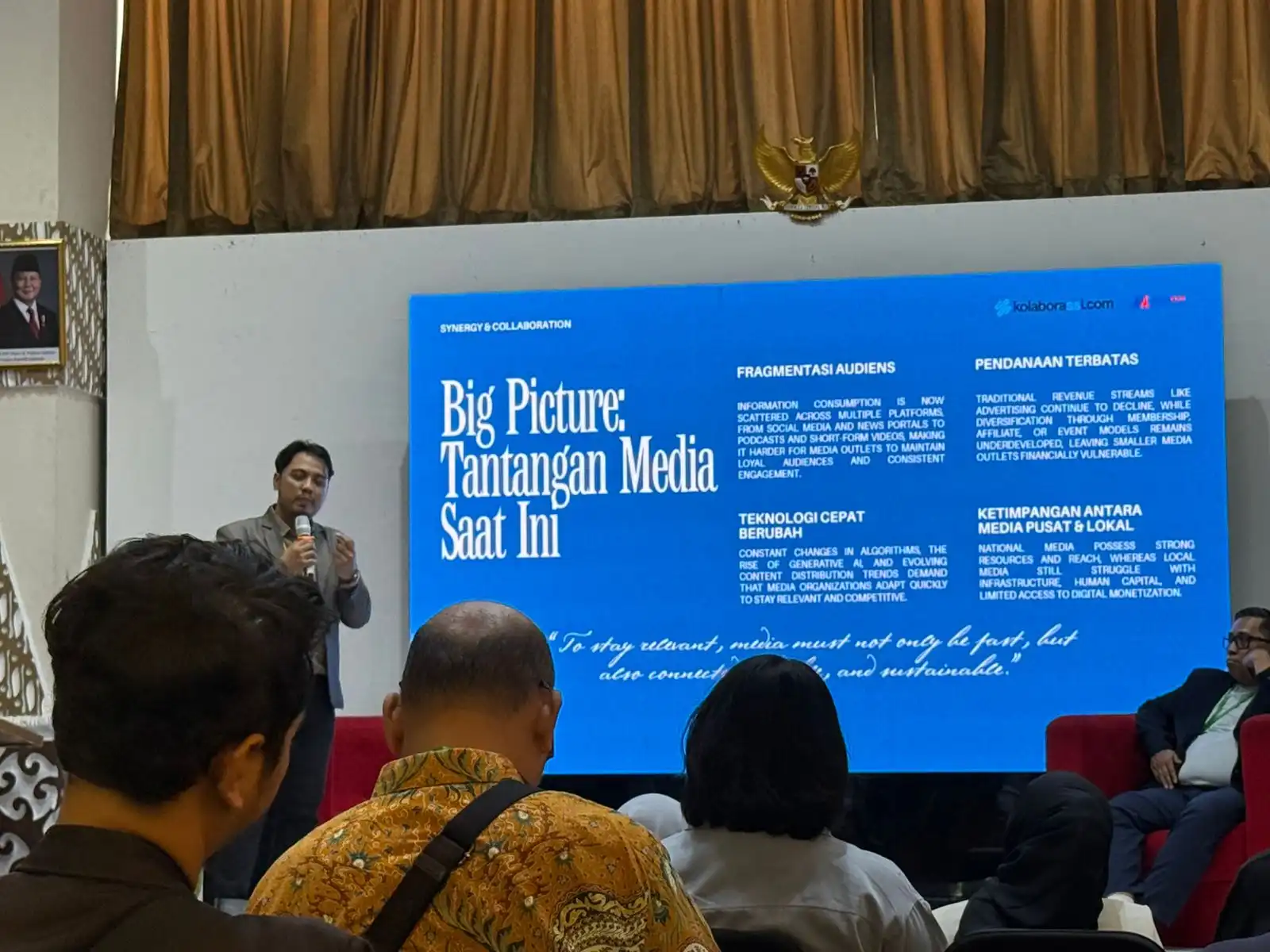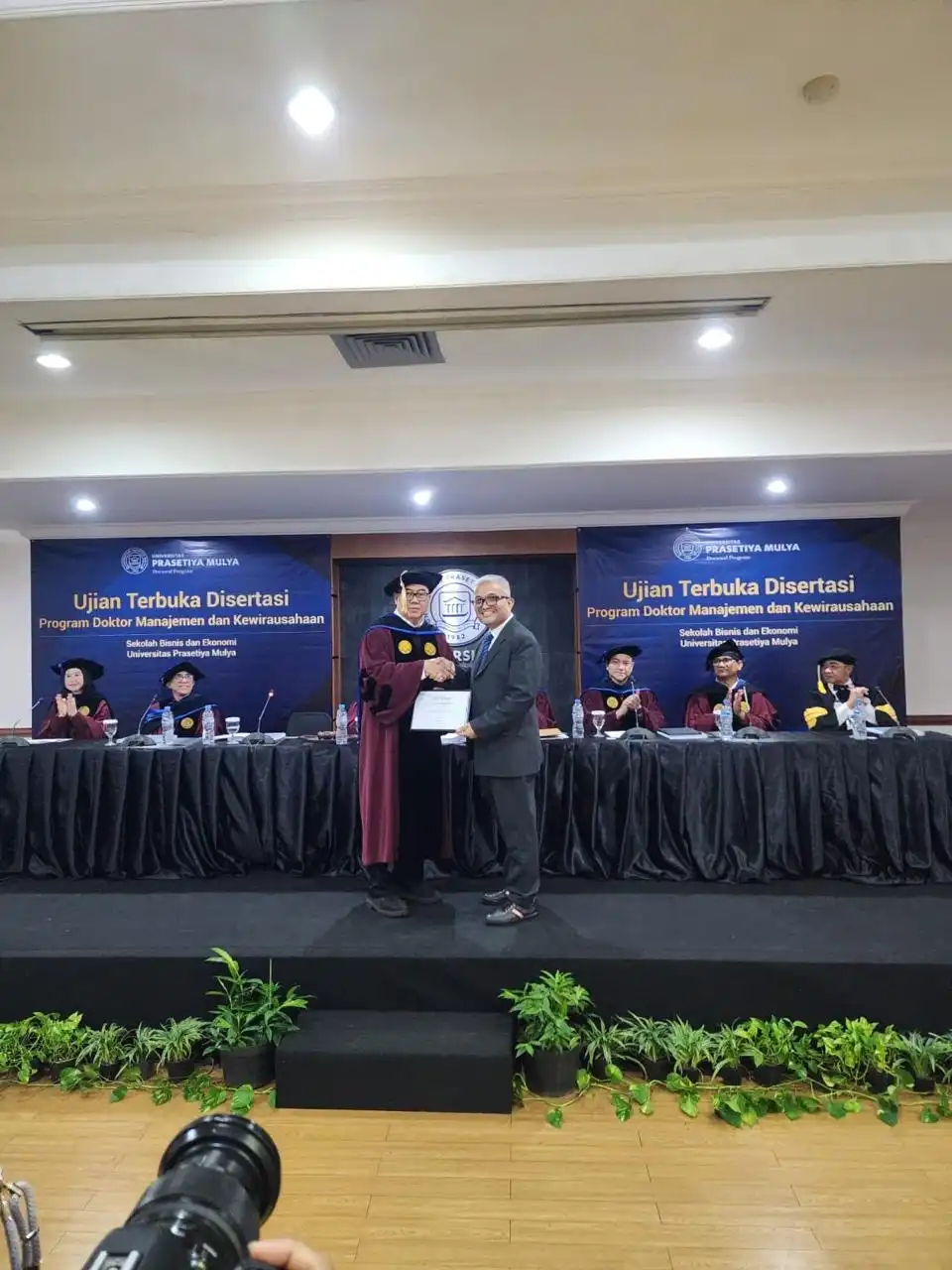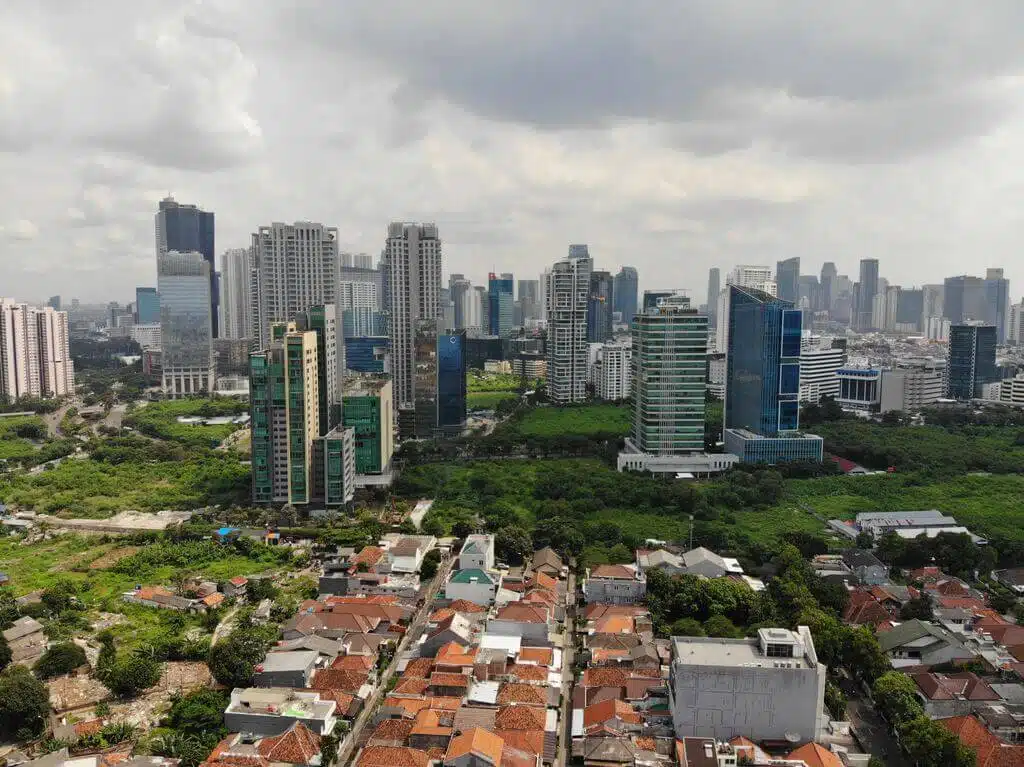Indonesia: Lula Calls It a Global Powerhouse
Randhir Singh - Thursday, 10 July 2025 | 11:30 AM (WIB)


Indonesia's Enduring Influence: A Brazilian President's Nod to a Global Powerhouse
When global leaders get together, sometimes it’s all about the nitty-gritty of trade deals or the tense dance of geopolitics. But every now and then, a leader steps up and spills the tea on what really matters: history, shared values, and the power of collaboration. That’s exactly what happened when Brazil’s President Luiz Inácio Lula da Silva recently tipped his hat, big time, to Indonesia. And trust us, it wasn't just polite diplomatic fluff. He was genuinely, deeply impressed by Indonesia's long-standing role as a true heavyweight on the global stage. Lula, a seasoned statesman who’s seen a thing or two, didn't just mention Indonesia in passing. He waxed lyrical about its significant and enduring influence, tracing its global footprint all the way back to the legendary 1955 Asia-Africa Conference in Bandung. Now, if you’re not a history buff, let’s quickly set the scene. Imagine the mid-1950s: the world was still piecing itself back together after monumental wars, and the Cold War was just starting to cast its long, chilling shadow. Newly independent nations, mostly from Asia and Africa, were trying to find their voice, assert their sovereignty, and carve out a path that didn't involve picking sides between two global superpowers. Enter Bandung. The Bandung Conference wasn't just a meeting; it was a declaration. It was a moment when nations, often dismissed or marginalized by the traditional power brokers, came together and said, "We're here, we matter, and we have our own vision for the world." Indonesia, with its fresh independence and charismatic leadership, was right at the heart of it. Lula totally gets this. He praised Indonesia’s historical leadership among developing nations, recognizing that the seeds sown in Bandung blossomed into something truly transformative for the Global South. It was about unity, self-determination, and a collective push for a fairer international order. From that pivotal gathering, the Non-Aligned Movement (NAM) was born, and again, Indonesia was a founding father. Think of the NAM as the original "we're not playing favorites" club, a powerful counter-narrative to the bipolar world of the Cold War. It championed peace, cooperation, and multilateralism – ideas that, let’s be honest, are just as vital today as they were back then. Lula's appreciation isn't just about historical accolades; it's about recognizing that Indonesia’s commitment to these principles isn't just a relic of the past. It’s a living, breathing part of its national identity and foreign policy, making it a crucial partner in navigating today's complex global landscape. But Lula's admiration isn't just a nostalgic trip down memory lane. He sees Indonesia as a genuinely strategic partner, especially when it comes to South-South cooperation. For those scratching their heads, South-South cooperation is essentially developing nations helping other developing nations. It’s about sharing knowledge, technology, and resources horizontally, bypassing the traditional North-South aid models. It’s about empowerment, mutual respect, and building a more equitable global system where solutions come from within, tailored to local contexts. Lula's vision is clear: Brazil and Indonesia, two giants of the Global South, working hand-in-hand to uplift their respective regions and beyond. Talk about a power duo! Lula also passionately advocated for a more democratic and representative international order. In plain English? He wants a world where decisions aren't just made by a select few powerful nations, but where the voices of all countries, especially those from the developing world, are heard loud and clear. He believes the current global governance structures are a bit outdated, reflecting a bygone era rather than the diverse, interconnected world we live in now. And in this push for reform, Indonesia, with its diverse population, vast archipelago, and consistent diplomatic efforts, is seen as an indispensable ally. Naturally, Lula expressed a strong desire for stronger bilateral ties between Brazil and Indonesia. It makes perfect sense, right? Both are huge, democratic, diverse nations with booming economies and a shared commitment to a multipolar world. There’s so much potential for collaboration, from trade and investment to cultural exchange and shared scientific endeavors. Imagine more Indonesian coffee in Brazil, more Brazilian music influencing Indonesian artists, and more joint ventures tackling challenges that affect us all. It's not just about economics; it's about forging a deeper, more meaningful friendship. And speaking of challenges, Lula views Indonesia as a key player in addressing the big, hairy ones staring humanity in the face. Climate change, for starters, is a global emergency, and Indonesia, with its vast rainforests, extensive coastline, and vulnerability to environmental shifts, is absolutely central to the conversation. Its efforts in sustainable development, renewable energy, and conservation are vital. Similarly, the growing chasm of inequality, both within and between nations, is a problem that requires collective action. Indonesia's experiences and approaches in poverty alleviation and inclusive growth are incredibly valuable lessons for the rest of the world. In essence, Lula's recent tribute to Indonesia wasn't just a moment of diplomatic nicety; it was a profound acknowledgement of a nation that has consistently punched above its weight, championed noble causes, and continues to be a beacon of hope and progress for the developing world. It’s a reminder that true leadership isn’t just about economic might; it’s about a moral compass, historical vision, and a relentless push for a world that works better for everyone. And right now, the spotlight is shining bright on Indonesia, with Brazil cheering them on, ready to collaborate for a future that's more just, more peaceful, and more aligned with the aspirations of all its peoples.
Mediakaya Redefines Digital Media Strategy: High-Volume Publishing and Full Transparency Lead the Way
3 months ago

Digital Transformation Drives Competitiveness and Business Performance in Indonesia
4 months ago

Coffee That Transports You: Explore Indonesia's Brews
6 months ago

Beyond Boyfriends: Why National Girlfriend Day is for *Everyone* (And Why It Matters So Much!)
7 months ago

Indonesia's Restless Earth: Unearthing the Truth About Active Faults and Earthquake Potential
7 months ago

Beyond Coffee The Allure of Bandung's Women
7 months ago

Unveiling Indonesia's Fiery Secrets
7 months ago

Real Estate Investment Opportunities in Indonesia: Why Now is the Perfect Time to Buy Property in Bali or Jakarta
8 months ago

Indonesia's Style Odyssey: Weaving Tradition, Street Swag, and Modest Marvels
8 months ago
